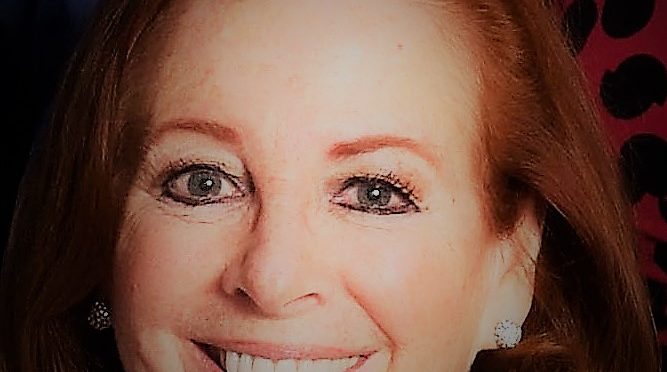
We all agree that honesty is a noble quality, but do we practice it when it costs us something? Literally “costs” us something?
Dave and I last week were in the San Francisco area, visiting friends from Mazatlán, Joyce and Howard, who live on a golf course when not in Mexico.
Errant golf balls are commonly found in their back yard, but Joyce shared that one day when she returned from running errands, she found her guest bedroom’s French door to an outside patio shattered by such a hit. Joyce phoned her local country club to ask for help in finding who might have teed off that morning.
The club contacted those golfers, and within two days, one called her and admitted that he had hit a ball in that direction but had no idea when it went over her fence it broke a window. He showed up at her house, apologizing and leaving her a check for the $600 he owed.
My friend told of another time two years ago when she returned from Mazatlán to find a large hole in that same wooden fence. It appeared that a cart had done the extensive damage. Again, Joyce called the club to report the damage, but this time no one came forward. The club ended up repairing the hole.
Fast forward to last Friday when Howard and Dave were repairing the mesh fence that adds a few more feet of ball protection height to that fence. Two golfers came by and parked their carts near where the guys were working.
Howard struck up a conversation with one and told the story of the unresolved issue. “I know who did that,” said the golfer, pointing to his partner standing a few yards away. Immediately, the guilty man turned his back to Howard, jumped in his cart and skedaddled away. (We could only imagine the conversation between those two golfers when they met on the next hole. Oh my!)
In 2 Corinthians 8:21, Paul the apostle reminds readers of his intentional honesty: For we are taking pains to do what is right, not only in the eyes of the Lord but also in the eyes of man. He writes further in Ephesians 4:25: Therefore, each of you must put off falsehood and speak truthfully to your neighbor, for we are all members of one body.
I picture the dishonest golfer waking the next morning, worrying he might be caught, and yes, my friend intends to call the club to ask for help in finding the blameworthy runaway.
But before we point fingers, if we are really honest, we must admit that our human nature is not to get caught when our mistakes cost us something…even if it’s not money but instead is our reputation or our position or our supposed spirituality.
Who knew this better than King Saul of the Old Testament? The prophet Samuel relayed God’s message to warrior Saul to destroy “everything” of the Amalekites, enemies of Israel and the first nation to attack the Israelites when Moses led them out of Egypt.
Instead of obeying, Saul failed to slaughter the enemy’s animals and kept the Amalekite king alive as his war trophy, returning to Israel and erecting a monument to himself.
Big mistake.
When Samuel confronted Saul, the king lied and made excuses, blaming the soldiers by saying that they kept the animals alive to make sacrifices to the Lord. He even asked Samuel to cover his sin and make him look good to his fellow Israelites.
God’s reaction was anything but understanding. Saul would no longer be king.
Someone once said, “Tell a lie once, and all your truths become questionable.” I think that God knows that, and if He would go to such drastic measures to punish Israel’s leader, I imagine that none of us should expect leniency. Honesty is, after all, the best policy.

YES IT IS.